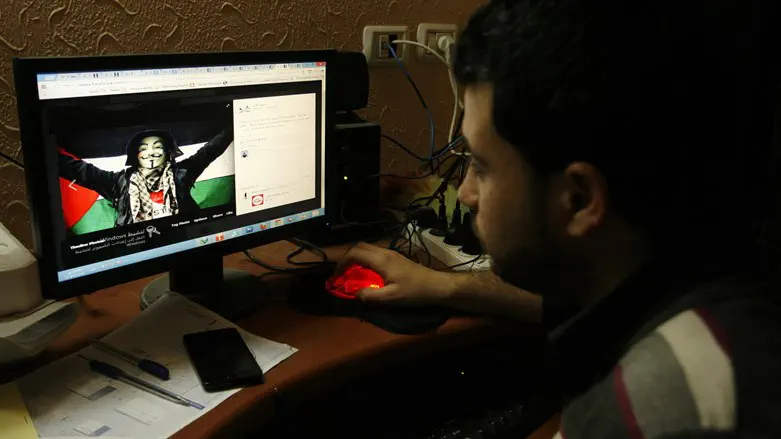
In a newly-published study, leading Israeli expert on cyberterrorism Dr. Gabriel Weimann, a full professor at University of Haifa’s Department of Communication, has offered preemptive measures for combating a looming scourge across the Metaverse.
The Metaverse — which is being positioned by communication technology companies as the next internet — is a leap towards a universe of boundless, interconnected virtual communities where people can socialize, communicate, collaborate, enjoy remote concerts and performances, and buy and sell products using virtual reality devices.
While the Metaverse is still in the developmental stage, Prof. Weimann, who is also a professor at Reichman University, and his co-author Roy Dimant recommend steps for getting ahead of the curve when it comes to future cyberterrorism threats.
“The old battlefield has changed into one that is no longer just physical but also virtual, where non-state actors play a key role, given their influence and expertise. As both sides try to outmaneuver each other, a vicious cycle of innovations and countermeasures takes shape,” writes Prof. Weimann. “It is necessary to break this cycle with a new long-term strategy, with preemptive measures requiring the participation of all relevant partners. Several steps are needed to devise a concrete and interconnected strategy that will thwart terrorist organizations before they strike first.”
Among the proposed measures are public-private partnerships, monitoring, identification policy, and user education.
Due to its immense potential in benefiting the digital communications world, many tech giants are already entering the Metaverse. As noted above, Facebook changed its name to Meta, officially becoming the most famous metaverse company and raising global interest in the concept and its potential. Other leading tech companies like Google, Microsoft, and NVIDIA began investing in Metaverse development.
However, this new frontier also has nefarious implications if the Metaverse is exploited by bad faith actors, according to the study. The online web of computer-mediated communication proved an ideal medium for extremists as communicators. It is decentralized, liberal, and open to all; cannot be subjected to genuine regulation or control; is not censored; and allows free access to everyone who wishes to partake in it. Groups committed to terrorizing societies have used otherwise-virtuous features of the internet — ease of access, lack of regulation, vast potential audiences, fast flow of information — to their advantage.
The two features that make the Metaverse attractive as a communication platform are “presence” and “embodiment.” Presence means that people feel they are communicating with one another directly, without any type of mediating channel or computer interface. Embodiment means that users feel their virtual body or avatar is their actual body. These two features of the Metaverse enable a range of effective manipulation and deceptive influencing efforts. As a result, the Metaverse’s ability to provide immersive and emotional experiences in parallel digital worlds will be a challenge to patrol and regulate — and terrorists are able to infiltrate the Metaverse in a variety of ways.
“The history of the Internet and related technologies has taught us that multiple unanticipated effects are likely to arise, so unexpected side effects of innovation may have the most significant consequences. Whatever the outcome may be, all relevant parties must partake in the development of metaverse or similar platforms and keep up to date on its future products. Understanding what is being devised by potential abusers will be essential for developing a preemptive strike strategy to counter terrorist attacks within the Metaverse,” Prof. Weimann warns.
